The team’s new tool will combine of software and data to make gathering structured data dramatically easier.


The team’s new tool will combine of software and data to make gathering structured data dramatically easier.
The researchers demonstrated that an adversary could remotely manipulate the temperature sensor measurements without tampering with the targeted system or triggering automatic temperature alarms.
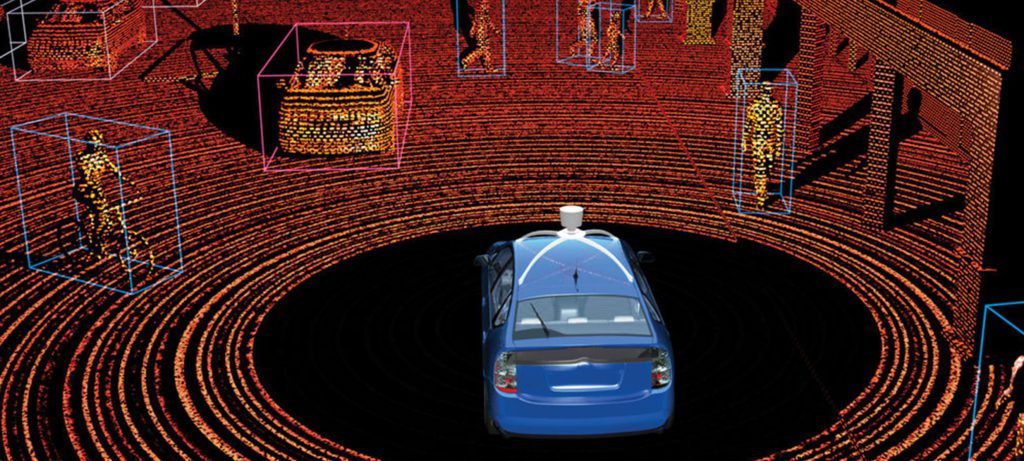
Up to this point, no attacks had been discovered targeting a car’s LiDAR system—but a major new finding from researchers at the University of Michigan has demonstrated what that might look like.
The authors provide an overview of common challenges to implementing ML in a health-care setting, and describe the necessity of breaking down the silos in ML.

Tang’s project will redesign data center systems to support large-scale use of hardware accelerators to meet future computational demand.
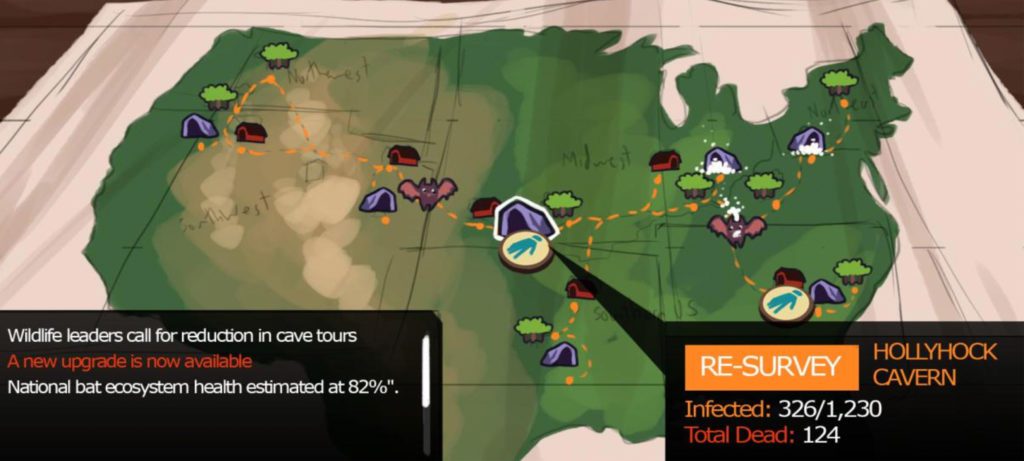
As a fungal infection ravages bat populations, the new game hopes to promote public awareness of ongoing research to combat the issue.
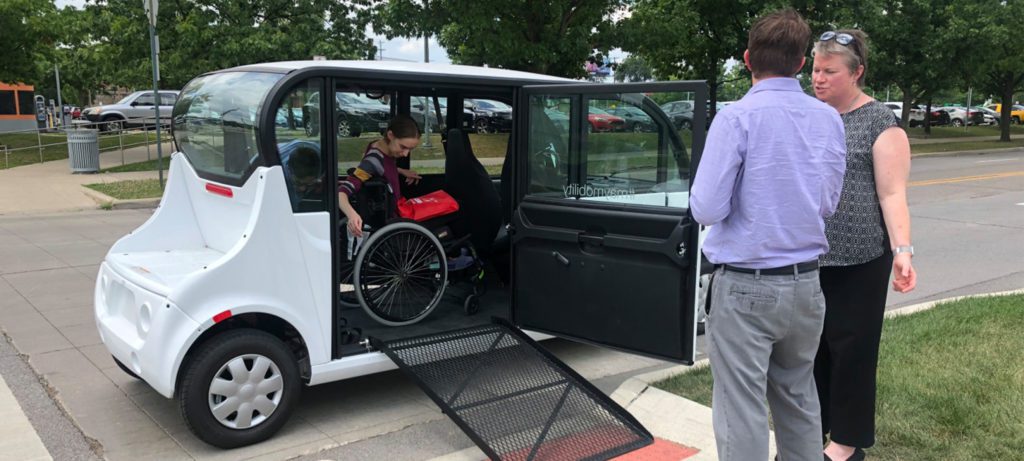
May Mobility intends to gradually acclimate the public to the experience of autonomous driving.
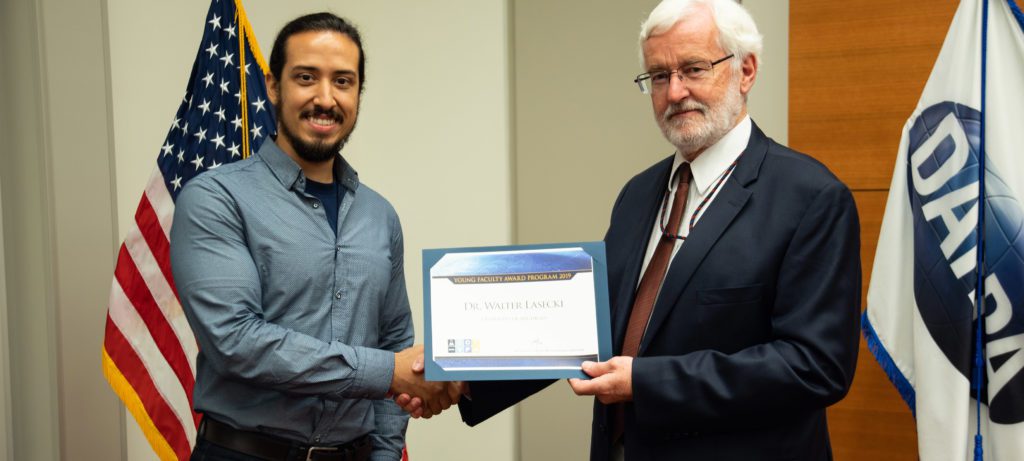
The goal of Lasecki’s proposal is to create methods for making AI systems more robust and flexible.
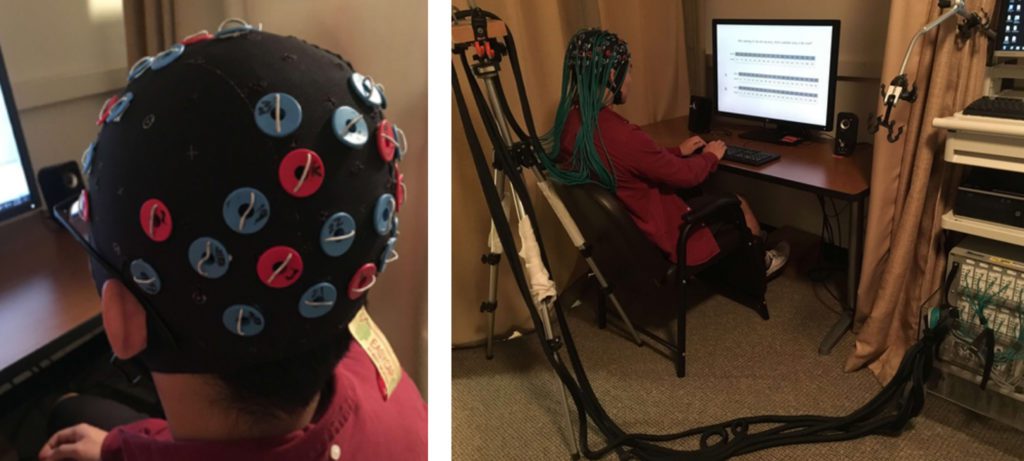
Using real-time fMRI readings, researchers linked spatial reasoning with CS problem solving.
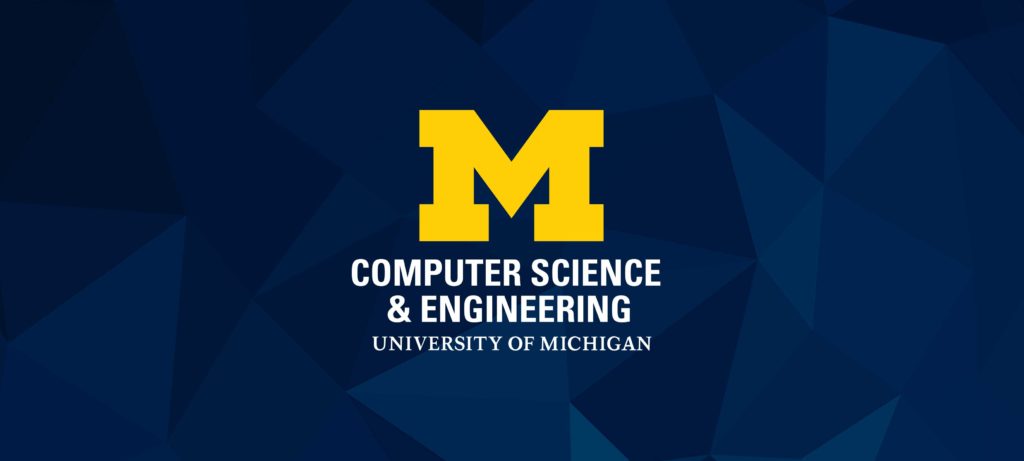
Erie provided database repairs that were previously performed exclusively by human programmers.